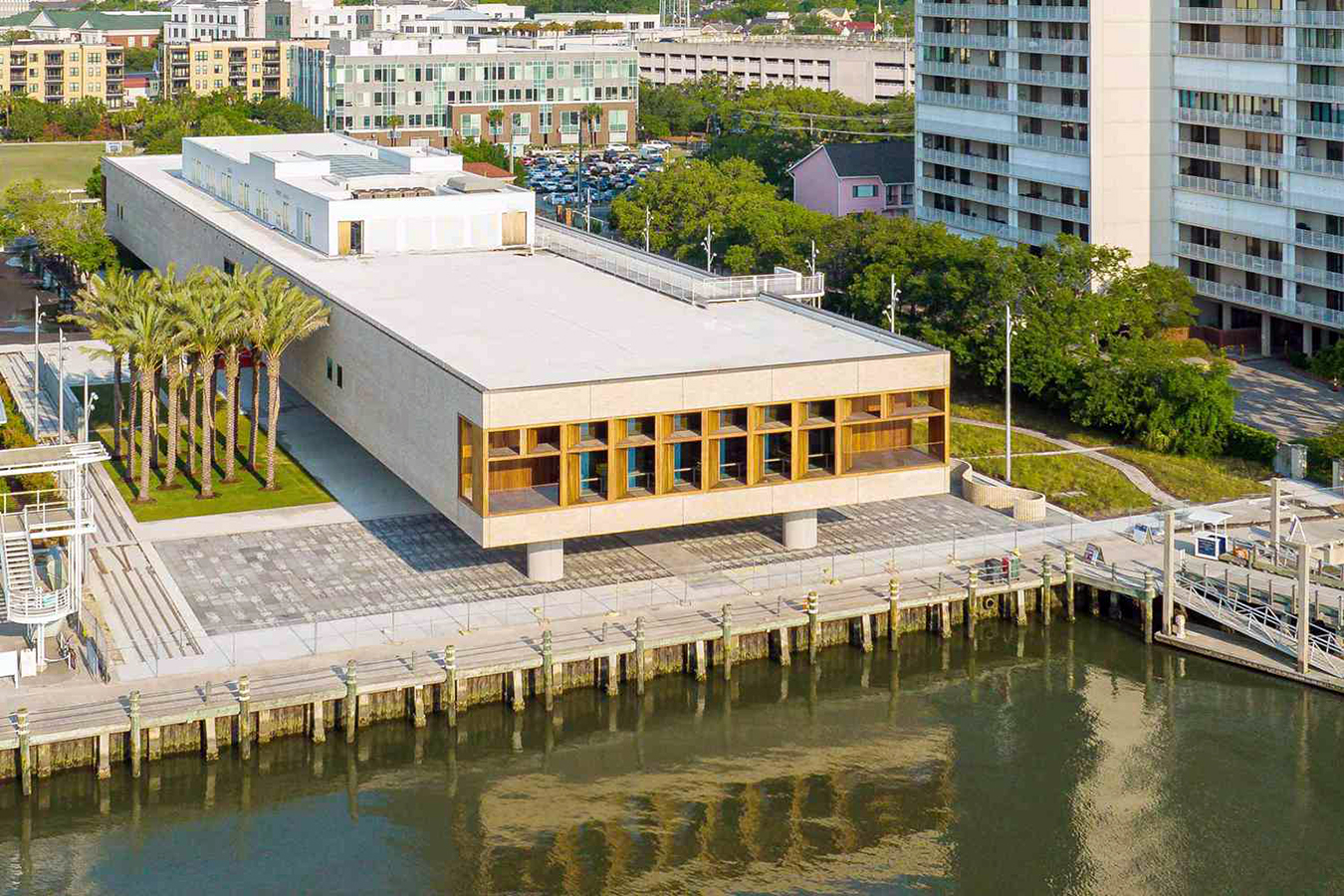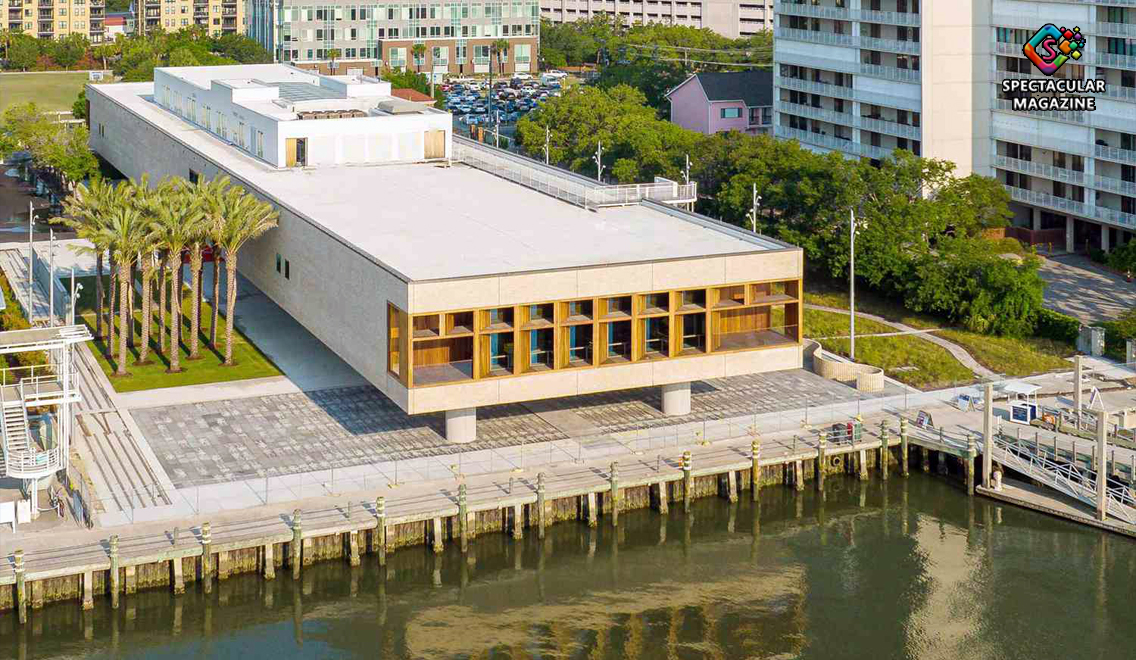The International African American Museum In South Carolina Set To Open In June
Prepare to witness history, as the International African-American Museum is scheduled to open in June.

Located in Charleston, SC, The Post and Courier reported the museum is the second-largest institution honoring African-American history. The historic building will open at the port where almost 40% of Africans, who were transported during the international slave trade, first set foot on United States soil. Museum president and CEO, Dr. Tonya M. Matthews, said the project has been in motion for 20 years and is very excited for guests to have this experience. “The land that we sit on has a story to tell,” Matthews said.
Delays to the opening were due to conditions inside the building. ABC 4 said that humidity was a main concern, as it could harm sensitive items. South Carolina Republican governor, Henry McMaster, was able to preview the museum and its beautiful element. He urged people from all over to pay a visit and shared some behind-the-scenes images via Twitter. “I encourage everyone to plan a trip to experience the museum’s powerful storytelling and its many lessons when it officially opens later this year,” McMaster wrote.
Yesterday I had the privilege of previewing the new International African American Museum in Charleston. I encourage everyone to plan a trip to experience the museum’s powerful storytelling and its many lessons when it officially opens later this year. pic.twitter.com/PZyB8mIS7h
— Gov. Henry McMaster (@henrymcmaster) February 15, 2023
Matthews said viewers will witness a timeline starting in 300 B.C., the earliest known record of rice cultivation, housed in the Carolina Gold Gallery, which focuses on how slavery and rice cultivation impacted the state, compared to cotton, the most popular cash crop people are familiar with. “This is how Charleston became the richest city in all the colonies and how South Carolina became the richest colony of the colonies,” Matthews informed. “Ultimately, rice is the foundation of American wealth.”
Other galleries will focus on Gullah Geechee culture and contemporary art. A variety of artifacts, like a “freed badge,” that free African Americans had to carry while walking around the city, are on display as well.


